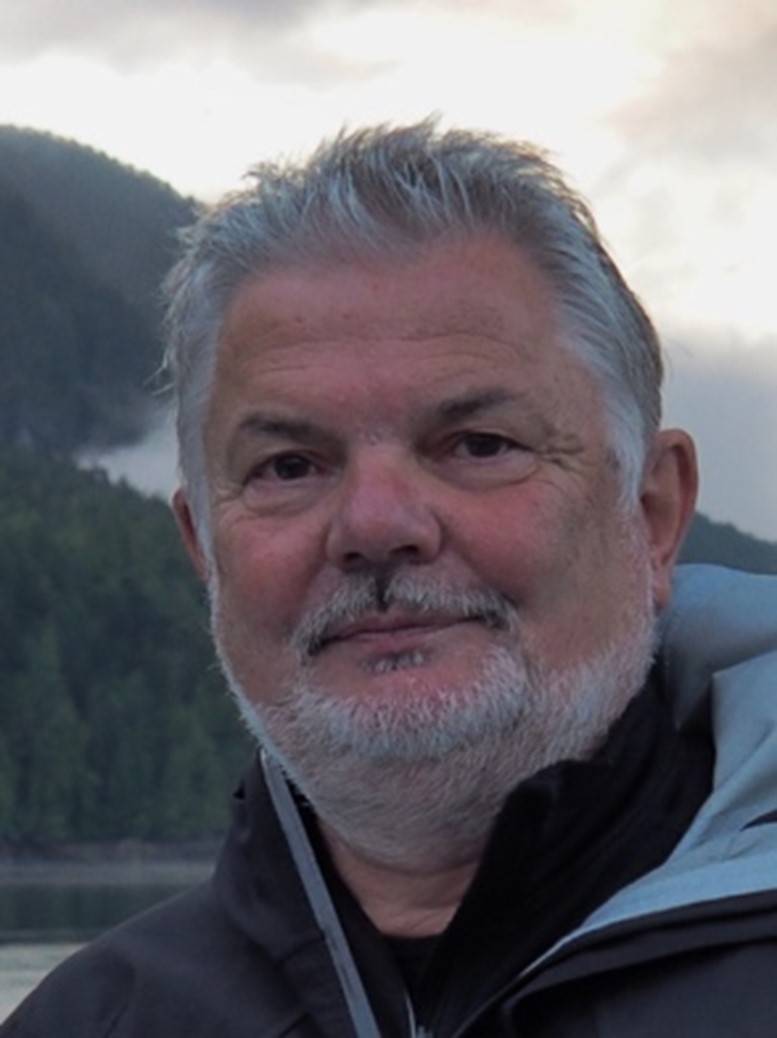Title: Pathways to Microplastics: Results from Accelerated Weathering Studies
About 400 million tons of plastic are produced each year in the world. A large part is not recycled, burnt or properly disposed and finally ends up in the environment. Microplastic pollution has become a huge, worldwide concern since a number of years. The main source of microplastics found in the environment is fragmentation of macroplastics as a consequence of weathering. To gain further insights into degradation mechanisms, changes in chemical composition, and morpholgy, we performed long-term accelerated weathering studies on particles and tensile bars. The degradation was monitored by a variety of analytical methods (GPC, SEM, EDX, 13C magic-angle spinning (MAS) NMR spectroscopy, tensile testing, and Monte Carlo Simulations. We identified two stages of weathering: stage I is dominated by photooxodiation in a near-surface layer; in stage II fragmentation is enhanced via microcrack formation and particle rupturing. High proportions of carboxyl, peroxide and keto groups develop, resulting in polar surfaces. Degradation thus leads to the constant release of an enormous number of highly weathered and chemically modified microplastic particles into the environment.


